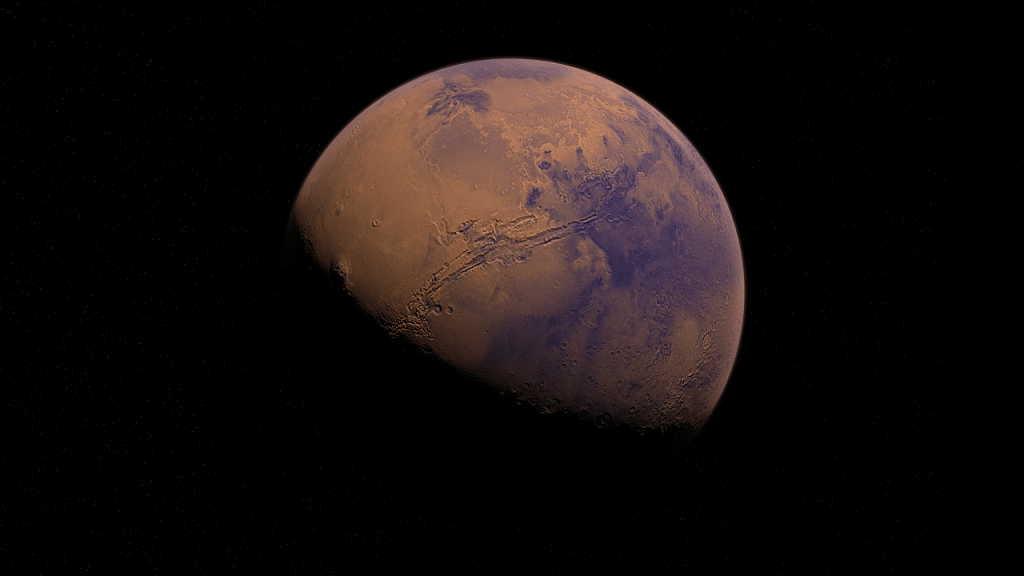This article originally appeared in The Skeptic, Volume 2, Issue 5, from 1988.
Some years ago Michel Gauquelin, for many years skeptical, suggested that astrology was validated by findings on top European sportsmen and women. In Gauquelin’s sample of sports stars, the planet Mars lay in two particular sectors of the birth chart more often (22% of the time) than for random samples of the population (17%). This observation is the central plank of a new book, irresponsibly entitled Astrology: the Evidence of Science, by Percy Seymour, a professional astronomer.1
CSICOP confirmed these facts, though the effect was not clear in a later test of US sports stars.1 CSICOP pointed out that the ‘Mars effect’ could arise from a biased sample containing an undue proportion of sports stars showing the effect.2 CSICOP stopped short of accusing Gauquelin of fraud, although that is the only way to choose a sample to get a predetermined result. Perhaps independent criteria of performance for defining ‘top sports people’ will be agreed on, and Gauquelin’s sample checked for bias. If it is unbiased, should we then embrace astrology?

The answer is a resounding no. We shall present plausible alternative ways in which the results could have arisen. First, what Gauquelin means by ‘astrology’ presents a moving target: when the US results were negative, Gauquelin suggested that the qualifying standards were set too low. If he wished, he might next claim it works only for particular subdisciplines, more heavily represented in the European sample, and so on. But astrology makes no claims to apply only to top European sportsmen and women. Far from it: its practitioners set great store by its universal validity. They accept that astrology is empirical, positing no mechanisms; this is a tenable position, if unenquiring.
Moreover, astrologers do not claim that Mars lying in Gauquelin’s sectors leads to sporting prowess. So whatever Gauquelin is testing, it isn’t astrology. It cannot be ruled out that a single planet affects only top European sports stars, but a mechanism which does this and nothing else is utterly implausible, except apparently to Gauquelin (who already concedes that half the planets do nothing). Astrologers approve of Gauquelin only because his results seemingly indicate some sort of planetary effect. But astrology has already been conclusively disposed of, in a double-blind test conducted with the cooperation of leading astrologers.3
Statistical results which deviate from chance can be viewed either as freaks or as evidence for a systematic effect. The choice can only be made on the basis of prior information, and without it nothing more can be done, no further tests proposed. We should therefore ask Gauquelin: on what grounds does he believe that the Mars/European sports stars effect is real, rather than a chance result? What information, known only to him, makes him prefer this alternative?
It is also worth asking how Gauquelin came to select this particular profession and planet, and these particular birth chart sectors. Many professions might have been examined, and one showing a strong effect, which turned out to be European Sports Stars, presented without mention of the rest. Alternatively, a secret hunt for correlations between planets and sectors of sports stars’ birth charts could have led to the choices of Mars, and of sectors.
These suggestions involve fraud. I am not suggesting Gauquelin cheated; he could perfectly well have found his results by chance, and be mystified by their cause. But the skeptic, sensibly, will want to check this. To do so, planet-sector correlations must be tested. If Gauquelin’s choices correspond to one of the largest correlations, we can reasonably cry ‘foul!’. This is the test which is crying out to be done, rather than a check of whether Gauquelin chose his sportsmen and women fairly.
We should also ask: on what grounds does Gauquelin posit a correlation between sporting ability and the Mars effect? He is adamant about this. What secret information led him to suggest it? These questions demand answers.
References
- Percy Seymour, Astrology: the Evidence of Science. Lennard Publishing, 1988.
- The Skeptical Inquirer, Vol. 4, No. 2, pp. 19-63 (Winter 1 979-80), and Vol. 7, No. 3, pp. 77-82 (Spring 1983), and further references therein.
- S. Carlson; Nature , Vol. 318, p. 419 (5 December 1985).



